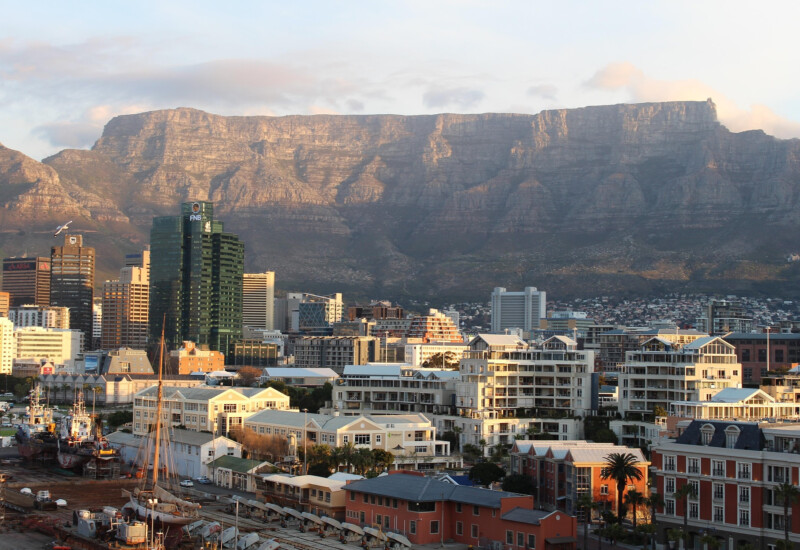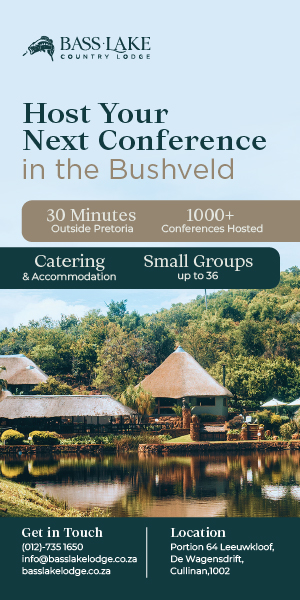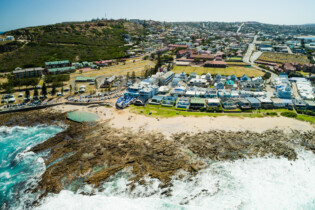As the global mining industry gears up for Mining Indaba 2025, it’s not just keynote speeches or industry deals taking centre stage – it’s the fierce competition for hotel rooms. With Cape Town’s accommodation market under immense pressure months ahead of February’s event, many properties near the Cape Town International Convention Centre (CTICC) are already sold out. Those that remain are commanding steep rates, leaving companies and travel buyers scrambling to secure suitable options for their delegates.
“Mining Indaba has always been competitive when it comes to securing accommodation,” explains Lebogang Ntoagae, Supplier Partnership Director at Corporate Traveller. “But this year is different – we’re seeing unprecedented demand. If you haven’t already booked your rooms, you’re likely facing slim pickings or exorbitant costs.”
A surge in hotel demand
Adding fuel to this fire is another long-standing challenge: minimum stay policies enforced by many central hotels during peak events like Mining Indaba. Most properties require bookings of four consecutive nights during conference week – even if some delegates only need two nights – which further limits availability while inflating costs dramatically.
“With some prime locations charging ZAR10,000 per night – and requiring those four-night commitments – the stakes couldn’t be higher,” notes Lebogang.
While Mining Indaba has always been a high-demand event, the booking patterns for 2025 have taken even seasoned travel experts by surprise. “By the end of 2024, there was still quite a lot of capacity available,” explains Lebogang. “But then January saw an explosion of demand.”
This sudden surge highlights just how jam-packed this year’s edition is shaping up to be. Add to this the diversity of delegate needs – from executive-level attendees requiring premium accommodations near CTICC to larger delegations looking for cost-effective options – and it becomes clear why availability has tightened so rapidly.
How specialist teams are staying ahead
To mitigate these challenges and address the specific pressures posed by an event as significant as Mining Indaba, Corporate Traveller implemented a Housing Bureau strategy well in advance. A housing bureau is a centralised service that secures blocks of hotel rooms specifically allocated for attendees of major events where demand far exceeds supply. By negotiating directly with hotels over 18 months before the conference date, Corporate Traveller ensured availability for its corporate clients and other delegates seeking last-minute support closer to event week.
“This solution allows us to guarantee access even when other channels dry up while offering negotiated corporate rates and added flexibility. But it wasn’t just about serving existing clients,” Lebogang says. “We wanted to provide solutions for any attendee who might find themselves struggling closer to the date – especially smaller companies or individuals who don’t have dedicated internal teams managing their travel.”
The benefit wasn’t just access but added value:
- Flexibility: Negotiated terms, including refundable bookings unavailable through OTAs (online travel agencies).
- Crisis support: Immediate action plans if cancellations occur or inventory runs out unexpectedly due to unforeseen circumstances.
- Tailored solutions: Aligning accommodations with proximity requirements and client preferences around budget constraints or premium services such as meeting facilities and networking-friendly spaces.
“OTAs might work fine when everything goes smoothly – but they don’t build relationships,” says Lebogang. “At events like these where capacity evaporates quickly under demand pressures? You need expertise on your side.”
Future-proofing against pricing spikes
The lessons from Mining Indaba extend far beyond February 2025; they apply equally across other busy periods tied to South Africa’s conferencing calendar.
“As TMCs, we know when these busy times will occur – we see the patterns well ahead based on event calendars,” says Lebogang. “The key takeaway for companies is this: align your travel programme with experts who understand your needs and market dynamics well ahead of time – and treat every trip as part of a larger strategy rather than an isolated booking.”







